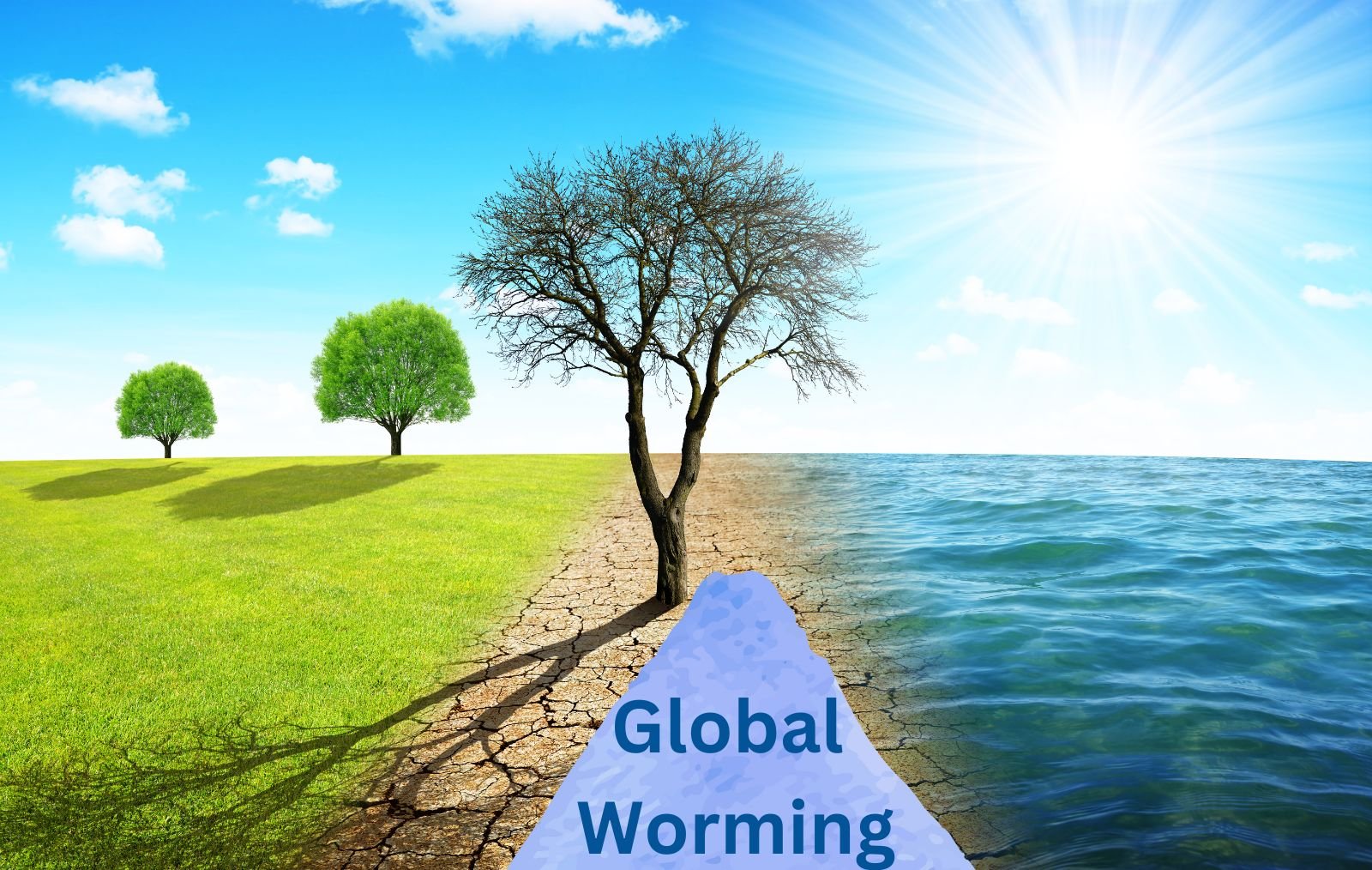
One of the burning issues of our times is global warming. It refers to the gradual warming of the Earth by about one degree Celsius primarily due to man. It has effects that start appearing worldwide: rising natural disasters, rising sea levels, or disruption of the ecosystems. This blog briefly outlines what effect global warming is having, examines causes and effects, and discusses possible solutions so that this emerging crisis can be controlled.
Awarding suppliers who provide high-quality, sustainable, and efficient solar components, contributing to the overall advancement of the solar industry.
It is simply the increase in the average surface temperature of Earth due to increased levels of greenhouse gases in the atmosphere. The major contributors of these gases include carbon dioxide (CO₂), methane (CH₄), and nitrous oxide (N₂O). Greenhouse effect is an effect that captures solar heat from the sun and traps it, thus causing warming in the planet.
Since the industrial revolution, human activities such as burning of fossil fuel, deforestation, and industrialization have increased the concentration of greenhouse gases, hastening the warming process.
Global warming threatens ecosystems, economies, and human life—from rising seas to biodiversity loss and food insecurity. Though it cannot be fully reversed, immediate global action on renewable energy, sustainable practices, and emission reduction can still protect our planet for future generations.